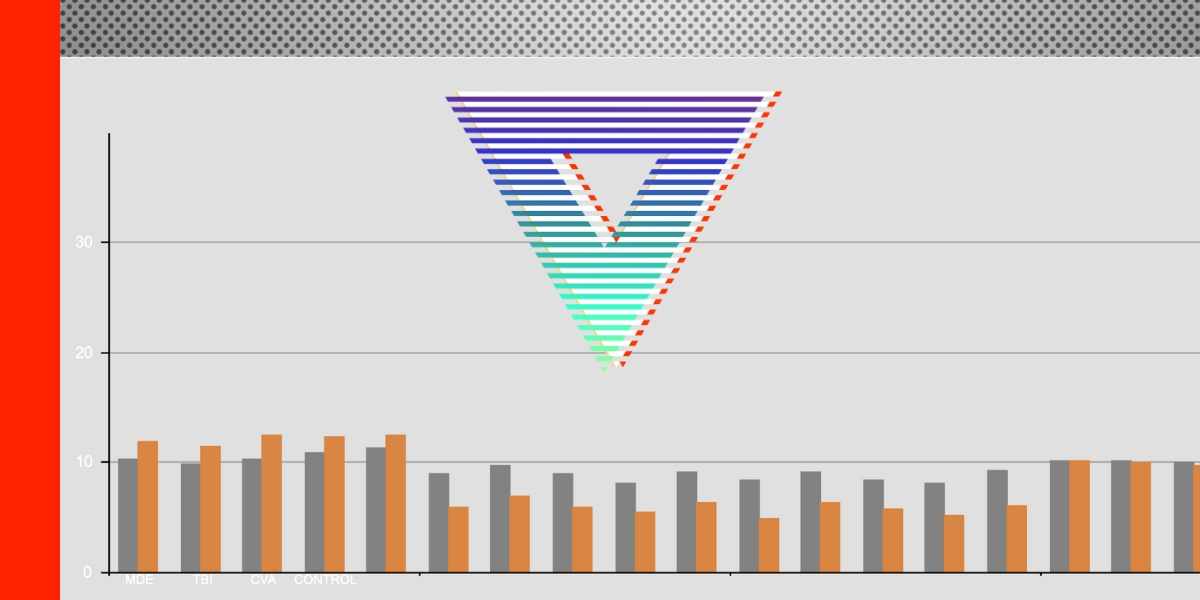Brain injury outcomes and predictors by Kiran Lele
Being able to prognosticate in the aftermath of a traumatic brain injury (TBI) is important as it assists with counselling patients and families. Moreover, it helps rationally allocate healthcare resources.
However, due to the heterogenous nature of TBI and variable pre brain injury patient factors and post brain injury course, this has proven to be a difficult task.
Large cohort studies have enabled improved accuracy in the prediction of 6 month mortality and unfavourable outcome.
Furthermore, many of the factors that contribute to long-term outcome have also emerged. However, it is not yet possible to use them in prediction algorithms or mathematical models.
There is emerging evidence that pre injury psychosocial and demographic factors may be of more relevance than injury severity. Moreover, that ‘outcome’ becomes increasingly subjective and complex as the post injury duration increases.
We end with three brief vignettes which highlight the fraught nature of long term outcome prediction.
From #CodaZero Live, tune in to Brain injury outcomes and predictors by Kiran Lele
For more like this, head to our podcast page. Here, you can search from over 23 medical topics to find exactly what you are looking for. #CodaPodcast





